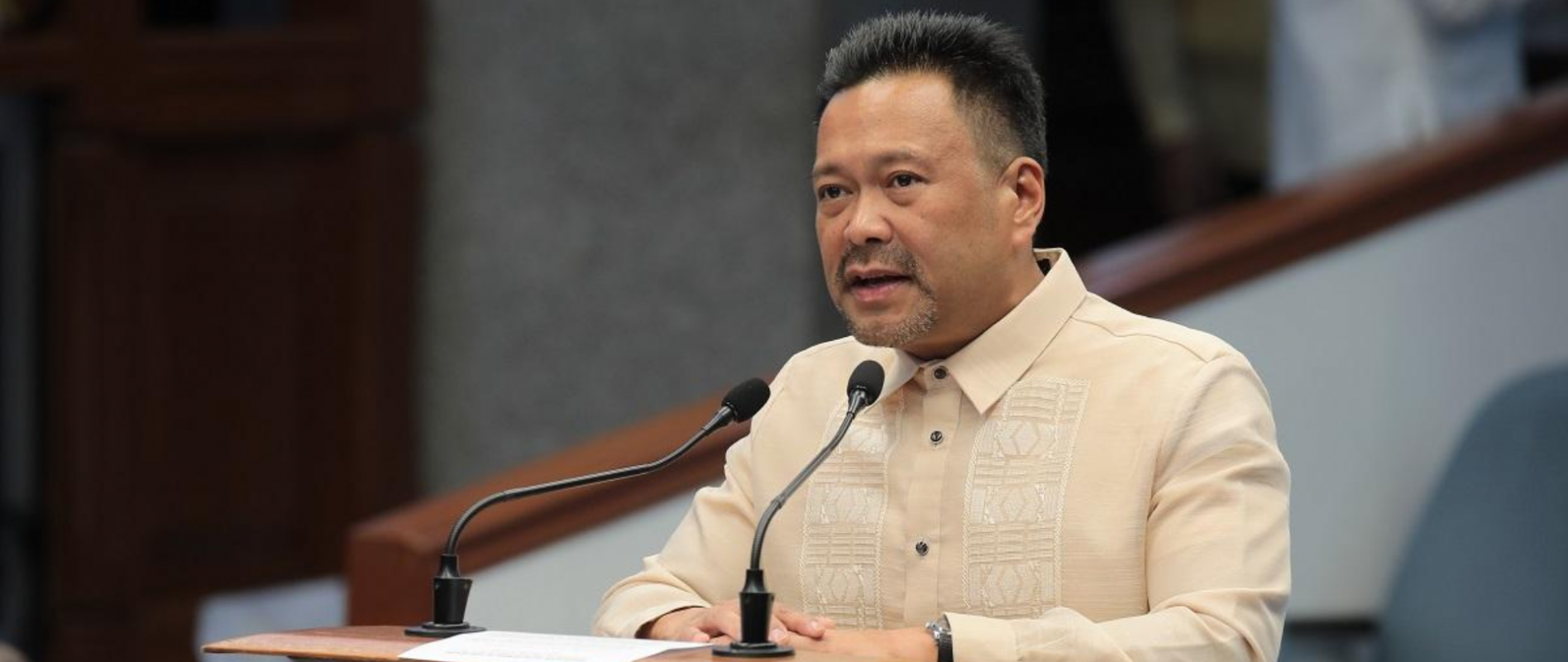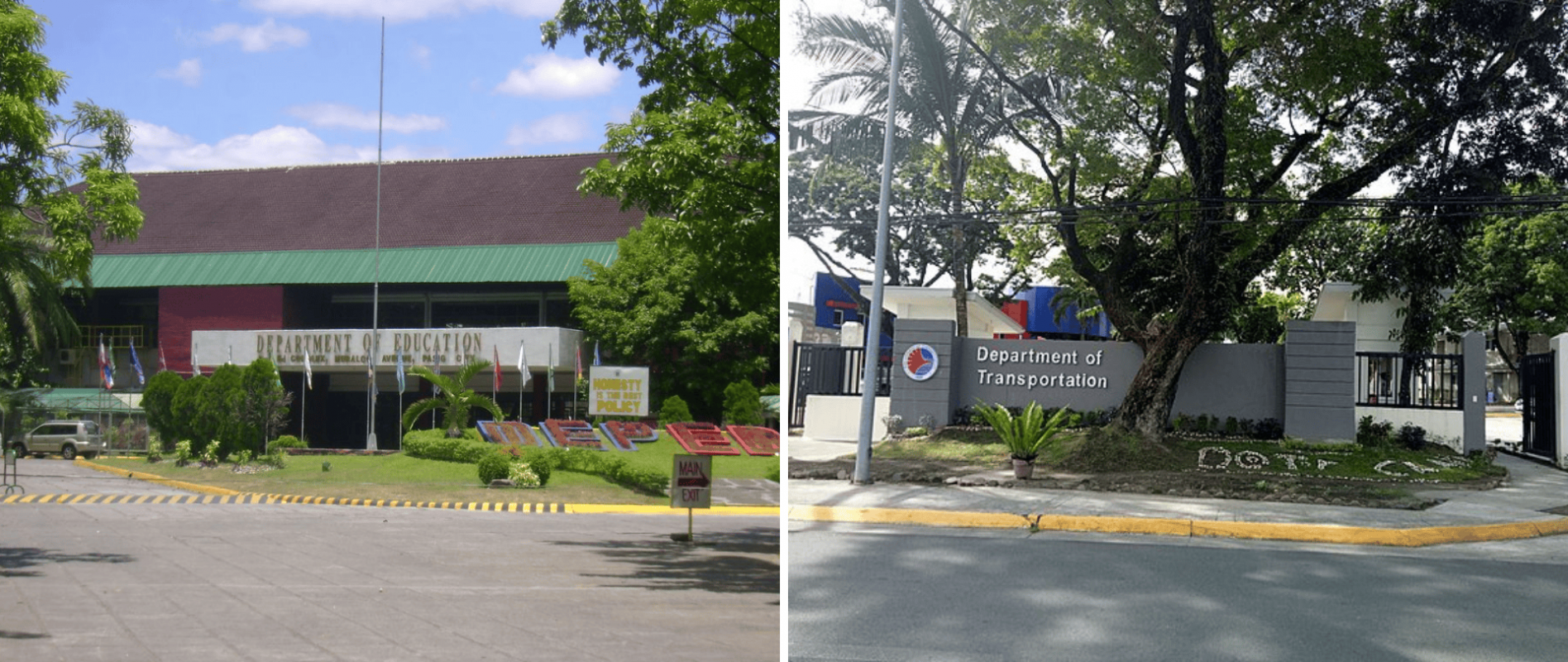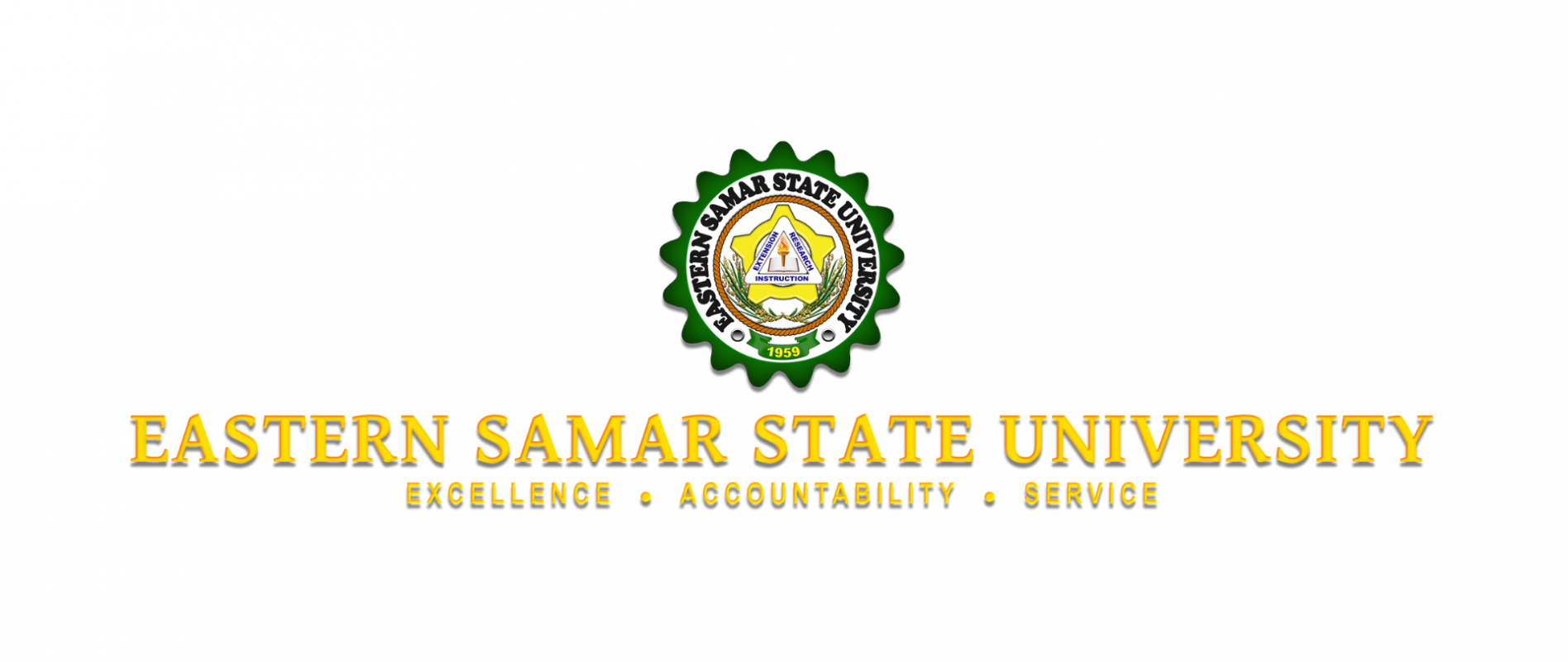GOV’T URGED TO ADDRESS LEARNING LOSSES
THE COUNTRY'S top business leaders and education stakeholders recently convened and called on the government to act swiftly and pass policies that will reverse the effects of learning losses brought by school closures during the pandemic.
THE COUNTRY’S top business leaders and education stakeholders recently convened and called on the government to act swiftly and pass policies that will reverse the effects of learning losses brought by school closures during the pandemic.
The Philippine Business for Education and Management Association of the Philippines highlighted the new Global Education Evidence Advisory Panel report which presents key recommendations on the most effective ways to keep children learning during and post-pandemic.
GEEAP is an independent, cross-disciplinary body composed of leading education experts from around the world jointly convened by the World Bank, UK Government’s Foreign, Commonwealth and Development Office and UNICEF Office of Research-Innocenti.
The report offers evidence-based guidance on how education systems in low- and middle-income countries can reverse the devastating learning losses and widening inequalities caused by the pandemic.
“Learning losses due to school closures are one of the biggest global threats to education recovery. The Philippines is one of the top 10 countries worldwide with the longest academic break due to Covid19 and 2.7 million students have lost over a year of in-person learning,” GEEAP co-chair Professor Kwame Akyeampong said during his keynote speech.
Governments must act swiftly and immediate policy actions must be made to keep schools fully open, bring back children to school, diagnose the learning losses and address the support needed by students, teachers and parents to address the learning poverty, he said.
The United Nations Children’s Fund reported that more than 85 percent of Filipino students experience learning poverty which is defined by the World Bank as the share of 10-year-olds who cannot read or understand a simple story.
Meanwhile, the Department of Education aims to address the education losses through its learning recovery program.
“The limited face-to-face classes have become a potent action step in halting learning regression. This means teachers can genuinely and accurately assess learning gaps, address them with appropriate remediation and intervention, and then proceed with communicating the learning content in an approach that is more adaptive to all learners,” Assistant Secretary for Curriculum and Instruction Alma Torio said.
As of April 6, almost 19,000 schools have joined the progressive expansion of face-to-face classes catering to more than 4 million learners. Despite this, 33,000 schools are not yet allowed to fully open.
The National Economic and Development Authority said that the resumption of face-to-face classes could help boost the country’s economy by P12 billion per week.
Because of this, PBEd and MAP said they are committed to support the education sector in addressing losses in education.
“The responsibility of our people’s development and prosperity does not only lie in the government but also ours, the business community. Our young people need us. There’s no better time than now to propose crucial educational reforms. We cannot rest easy because this recovery is precarious. We have a month left to elect leaders who will make education a priority,” PBEd Chairman Ramon del Rosario Jr said.
MAP President Alfredo Pacual, meanwhile, said that his group will help find solution to address the education problems in the country.
“Our hope is that we could influence and shape policies and programs geared to helping our education system build back better from the pandemic. We need to find solutions to our long-standing education problems,” Pascual said.














